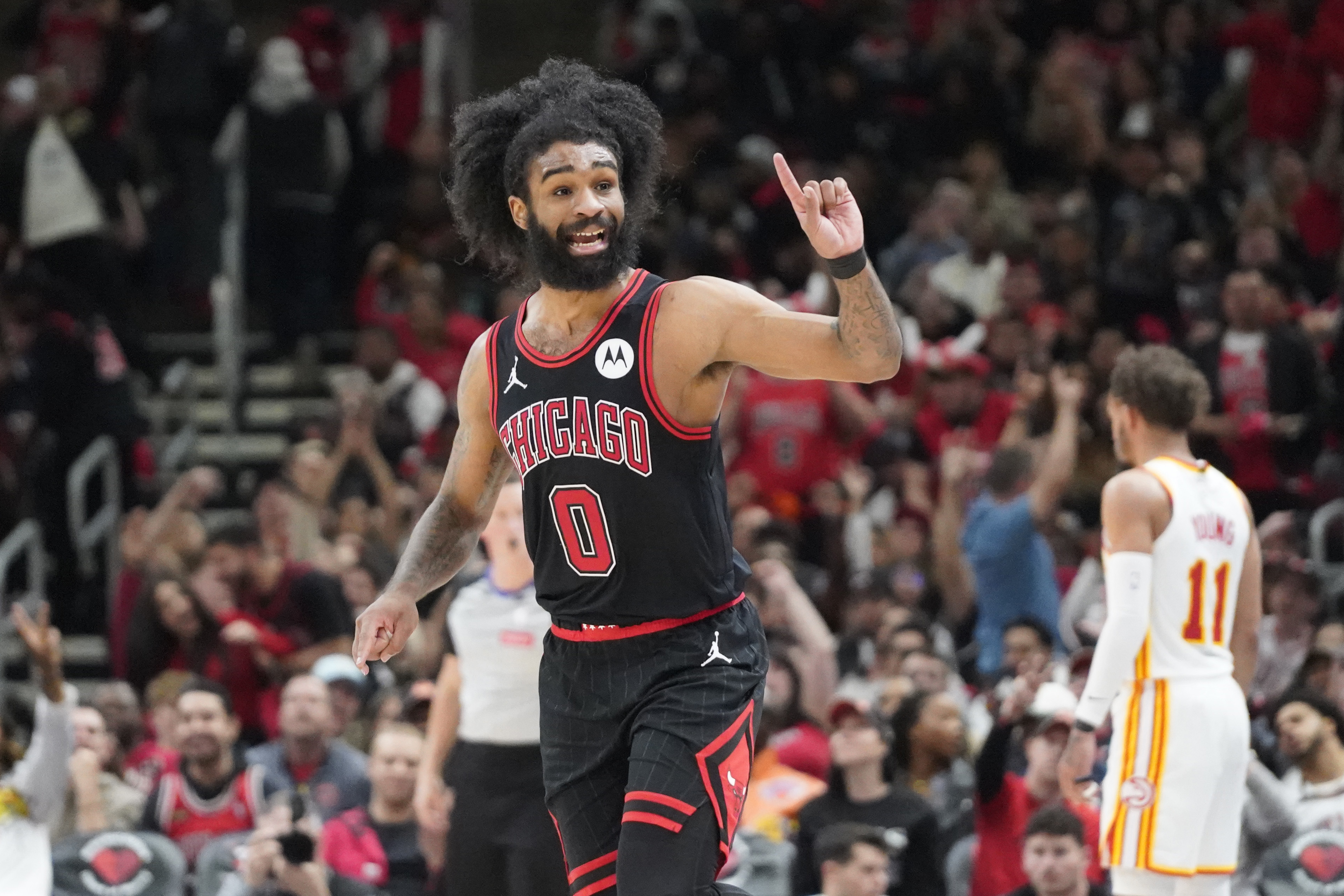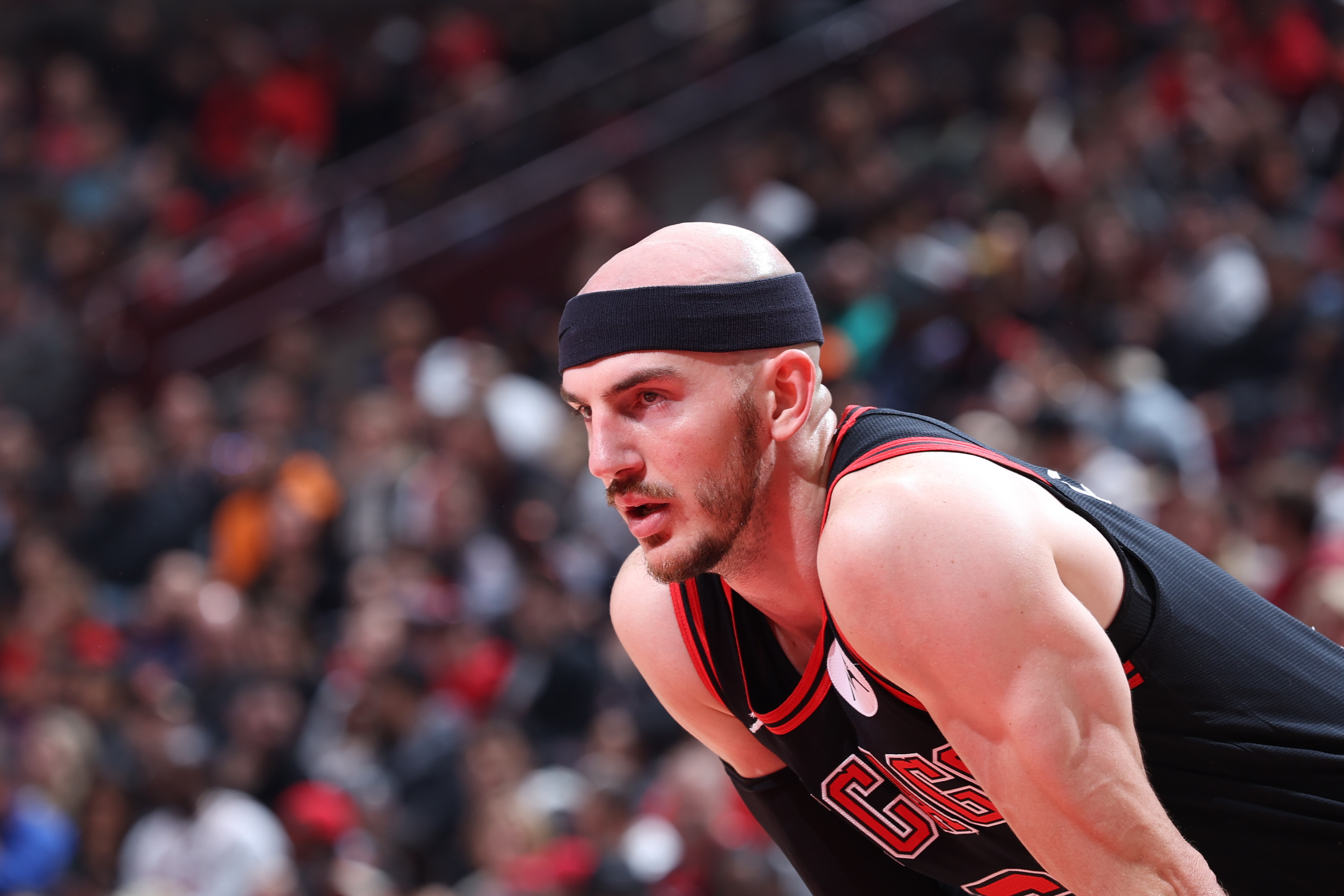
Glen Van Proyen was a professional baseball scout for 46 years. He signed Ron Kittle and Mike Marshall. And by his own admission, if he hadn't made "the biggest mistake I ever made, maybe the biggest of all time," Albert Pujols would have been a Dodger, not a Cardinal.
Van Proyen, who retired as a special assignment scout for the Cubs in 2000, was scouting for the Dodgers in 1999 when he saw Albert Pujols playing for his junior college team, Maple Woods Community College of Kansas City, in a tournament in Pascagoula, Mississippi.
"He was the best I ever saw. I didn't recognize it then," Van Proyen said.
Stay in the game with the latest updates on your beloved Chicago sports teams! Sign up here for our All Access Daily newsletter.
Pujols, who had graduated from Fort Osage High School in Independence, Missouri, only a few months earlier, was playing in a doubleheader against Jacksonville (Florida) Junior College.
"I watched him taking batting practice, then talked to him before the first game and my hand disappeared when he shook my hand," Von Proyen said. "He had a good swing but he didn't hit the ball. He had a great body but he can't hit so he can't play, I said to myself. And he was playing shortstop with size 16 shoes. There's no way he could play shortstop in the big leagues."
In the first game, Van Proyen watched as Pujols struck out four times and made no contact. In the second game, he struck out the first three times at bat. Then he came to the plate for the fourth time...
"I had already made up my mind that I didn't want him," Van Proyen said. "He hit a low fastball, a knee-high fastball against the center field fence. He hit it so fast. Bam-Bam. I had second thoughts. But his body and position still bothered me. And he had only one contact."
News
So, when all of the Dodgers scouts gathered to make their recommendations before the annual June draft, Van Proyen placed Pujols in the 13th round. "I didn't put a high recommendation on him," he said.
The Cardinals, picking ahead of the Dodgers, chose Pujols in the 13th round, the 402nd pick in the 1999 draft.
"If I had it to do all over again, of course, I would have signed Pujols," Van Proyen said. "It was the biggest regret of my life."
Van Proyen didn't miss on former Joliet Catholic pitching whiz Bill Gullickson. But he didn't sign him, either. The experience made for the Van Proyen's favorite scouting story.
In 1977, Van Proyen had targeted Gullickson, a hard-throwing right-hander, as a can't-miss draft choice. He asked Bert Wells, then the Dodgers' Midwest cross-checker, to make his own evalution.
After Gullickson threw his first pitch, Wells turned to Van Proyen and said: "Let's go get dinner."
Van Proyen was stunned. "You don't like him?" he said.
"When we pick, he won't be there," Wells said, obviously impressed at what he had seen in only one pitch.
Wells was right. Future White Sox star Harold Baines was the No. 1 choice in the 1977 major league draft. Gullickson was the No. 2 pick by the Expos. Interestingly, future Hall of Famer Paul Molitor was the No. 3 selection by the Brewers.
The Dodgers didn't do badly. Picking 20th, they signed pitcher Bob Welch, who went on to win 211 games in a 17-year career with the Dodgers and Oakland A's. He was a 27-game winner and won the Cy Young Award in 1990.
Van Proyen was a pretty good baseball player himself. Born in the Roseland community on Chicago's South Side, he graduated from Pullman Tech in 1948. He attended Western Illinois and signed with the St. Louis Browns after his junior year.
In an era before the invention of the radar gun, Van Proyen was a pitcher with only a 70 mph fastball but a devastating 12-to-6 curve ball.
"At that time, scouts looked for the same thing--pitchers missing bats and throwing strikes," he said. "I didn't even know I was being scouted. Scouts were hiding behind fence poles and light poles. They didn't scout in clusters. They tried to keep a prospect a secret."
Van Proyen said his biggest exposure to scouting was when the Cubs invited him to attend a month-long camp at St. Bede Academy in Peru, Illinois. "They talked about signing me," he said.
He never made it to the majors. In four years in the minors, he had a 22-22 record. He also was a pretty good hitter, batting .253 as an outfielder when he didn't pitch.
After he left the game, he began teaching and coaching at Fenton High School in Bensenville, then moved to Maine South in Park Ridge. He coached Maine South's baseball team to second place in the 1966 state tournament, then was hired to scout for the Dodgers.
Van Proyen and every scout who ever held a radar gun is always looking for a five-tool player--an athlete who can run, hit with power, throw, hit and field. But they can count on one hand the number of five-tool players they have uncovered in their scouting careers...players like Gullickson, Kittle, Marshall, Greg Luzinski, Dave Kingman and Cliff Floyd.
"If a guy has at least one-plus tool and two average tools, he is a big-time prospect. Hopefully, that one-plus tool is hitting, a guy who makes solid contact," Van Proyen said. "And the second best tool is his glove. Then a good arm would come with that.
"Pitching and hitting is the name of the game today. Speed isn't as important as it once was. The game has become more offensive-minded, more runs being scored. To be a good hitter, you must learn the strike zone. Great hitters have a natural thing. If you have strength and good eyes and good hand-and-eye coordination, you should be able to improve your hitting."
Van Proyen said he also looked for kids who loved the game, who really wanted to play and had ability. He always arrived at the park early to see who showed up early and who showed up late.
"If I saw kids come in late, the last kids on the field, I didn't like their attitude," he said. "In my mind, they weren't trying to be the best they could be. I'd even wait until after the game to see what a kid did after the game. Some would ask the coach to take extra batting practice or hit some ground balls. That's what I wanted to see."
As Van Proyen looks back on his years in the scouting profession, he notes two things have changed.
Area scouts don't have as much say in the evaluation of a prospect as they once did. In many cases, the cross-checker has more input than the area scout.
"I don't think that is a good thing," he said. "The cross-checker only sees the kid once while the area scout lives with him."
And there's always the question of signability. "Kids didn't used to ask how much they would get to sign, they just wanted to play. But now the first thing that a family asks is: 'How much will you give us?' A signing bonus is a big thing in signing kids. Some kids used to sign for 1,000 or 1,500. They just wanted to play," he said.
"But today, if a a kid has a good high school education and has a chance to go to college, the parents want their son to go to college for one or two years. There is so much talk about what the money is and what the college situation should be that parents are well-informed about the process. If they aren't bent on their son going to college, the kid always wants to sign."
That is one of the talking points for the scouts. Major league teams want to sign promising prospects as soon as possible so they can become acquainted with their system sooner than later.
"They have to realize that the window of opportunity is small," Van Proyen said. "On any given day in any given year, there are only 750 major league players in the world. If you want to be one of them, you have to jump at the chance. Teams would rather train a kid from 18 years of age on rather
21 or 22.
"Remember, there are only two chances to get into professional baseball. You have to be asked, you can't just apply. A college kid gets two or three years in the system to show what he can do. A high school kid gets a minimum of four or five years.
"Don't downplay the decision of a high school kid to go pro or to go to college. He needs to do some soul-searching. The decision has to be based on certain things. Do I feel I am ready? Am I confident I am ready? If not, he probably should go to college."
But some things haven't changed at all. Van Proyen thinks high school coaches in the Chicago area do as good a job as any coaches in the country who don't get to recruit.


